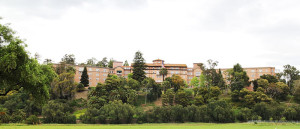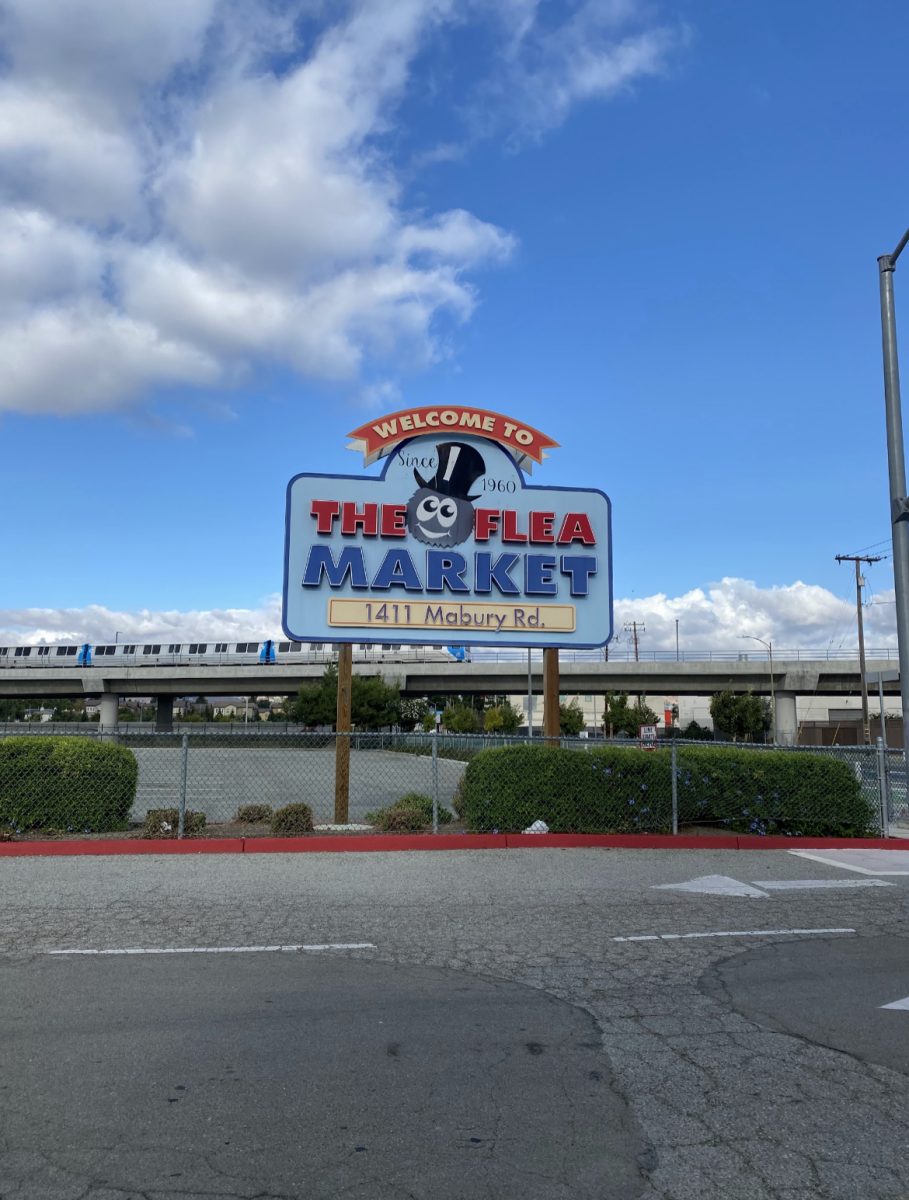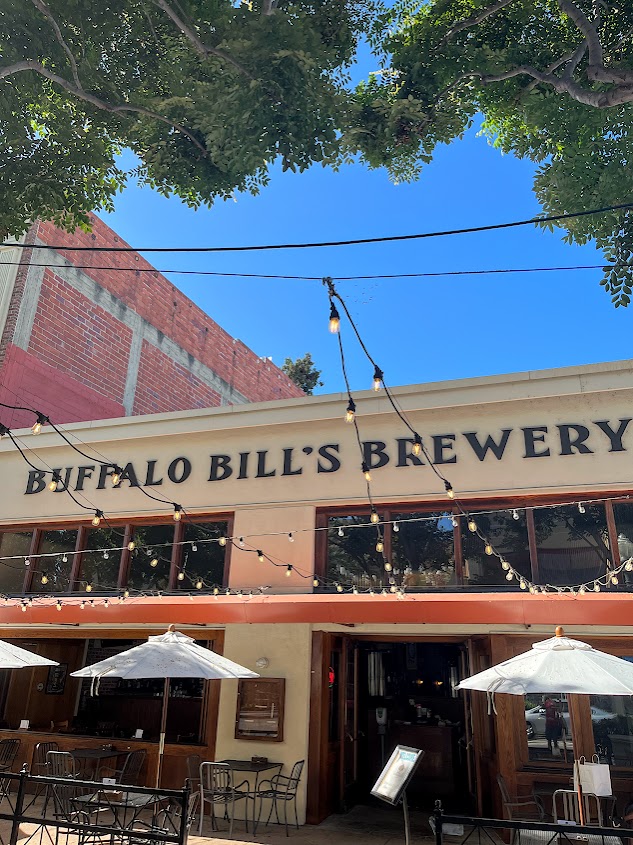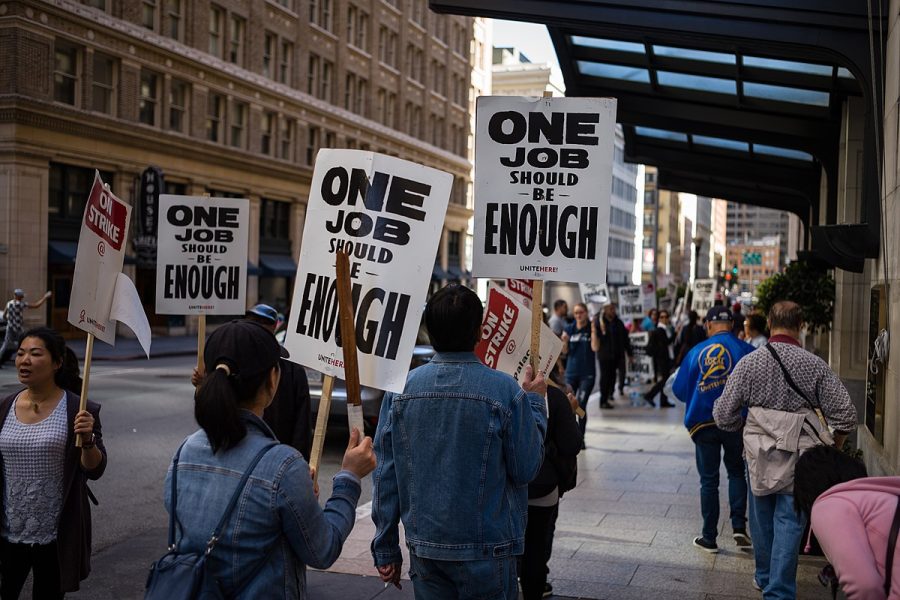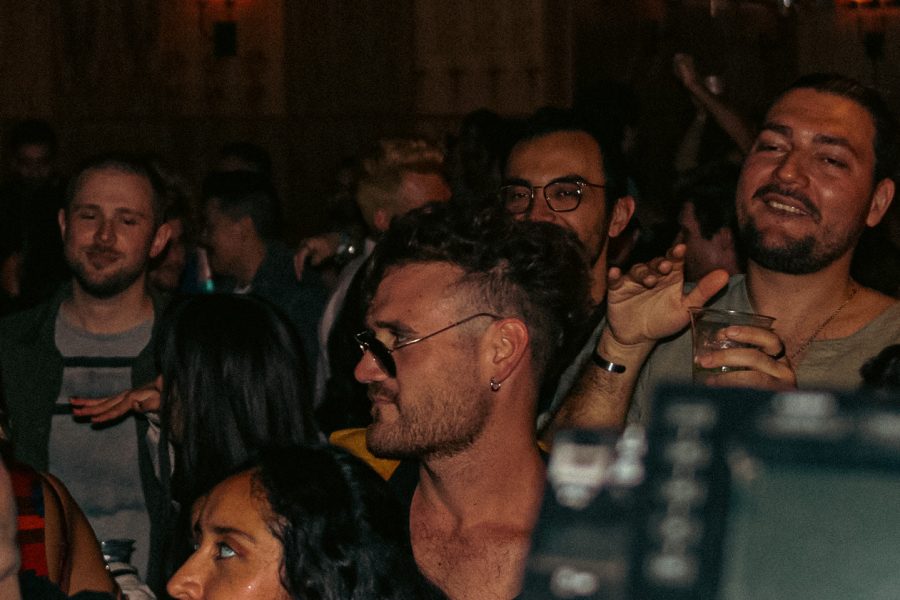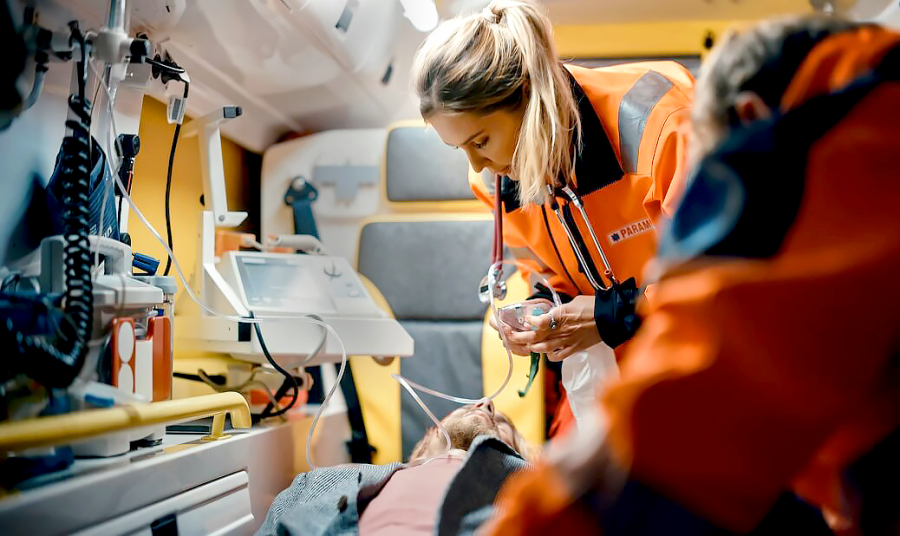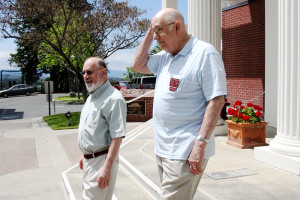
Drivers traveling down Mission Blvd. glance toward the hills and see a vast expanse of green fields peppered with wild turkeys and gated driveways, all leading up to a towering structure resting atop the landscape.
For the men inside the building, it’s a place upholding the simple and strong principles of brotherly love, relief and truth; while the volunteer staff would say it’s one of the best places for them to spend their time assisting others; for the general public it’s known as the Masonic Home of Union City.
The Masons, a fraternal organization with roots dating back to the Middle Ages, opened their first lodge on American soil around 1730 in Philadelphia.
The word “Mason” comes from stonemason, essentially builders and sculptors. Centuries ago, stonemasons formed groups to support one another when one of the members was hurt during duties of their occupation.
While Masonry meetings and proceedings still continue at Mason lodges all over the country — including 340 around California, with roughly 65,000 members — the focus of the Union City home is care.
Although Masons is an all-men fraternity, the home in Union City is open to men and women so long as those women meet certain criteria, such as being the wife or widow of a Master Mason.
Visitors are greeted by a friendly volunteer or resident of the grounds in what the locals call a “people mover,” known to the general public as a Crown Victoria.
Following the winding curves of the lanes up to the center buildings, visitors will find an active community of elder men and women in different stages of their lives, all residing full time at the home.
Lining the walkways and open areas are cabinets of memorabilia from decades of Masrony from the Bay Area and beyond, including bejeweled red fez hats from the Shriners, one of the philanthropic arms of the Masons who notably support the Shriners Hospitals for Children.
The 300-acre grounds have been in place since 1898 when the area was known as Decoto, Calif.
Inside the many buildings are the different types of residency apartments, ranging from independent living to heavily assisted care, and amongst the corridors are the many activity rooms and health provisions.
There are full-time general health practitioners on the grounds, along with a pool, exercise rooms, walking paths, massage therapy centers, an ice cream parlor, barber and beauty shops and even a juice bar. They offer classes including water aerobics, walking teams, tai chi and belly dancing for those so inclined.
These varying amenities and services are all centrally located on the campus, and there are only two homes like this in the state.
In fiscal year 2008-2009, $33,557,000 was spent between the two homes for “fraternal support and care.”
“It’s worth every penny,” said Mitch Franceschini, 76, Master of the Siminoff Lodge on the grounds and a full-time independent resident at the home. Franceschini has been a Mason since 1975 and has been involved with several lodges.
The home has several ways of letting residents pay for their care to accommodate them. A popular option is to completely turn over 75 percent of your assets to the home in exchange for paid in full health care of all kinds for life.
“This has been a vision for a long time,” said Carlene Voss, the Volunteer and Community Resource Director for the home for nearly 20 years. “People wanted to have a place to come and live with people who share their ideals and just be together.”
The argument for becoming a Mason is strong considering the elder healthcare benefits alone. All that is required to stay at the home is one be a Master Mason in good standing for five consecutive years and be older than 60.
Masons have obligations to the organization, what the average citizen would know as a confidentiality agreement. The happenings of the meetings and ceremonies of the Masons have been relatively well-kept, which has led to much criticism of the Masons from individuals and several religious organizations.
While much of their organization is very open to the public, they have still been accused of being a secret society.
“You don’t need to know the significant signs and words that we know, you don’t need to know that,” Franceschini said about the organization’s proceedings.
Instead, he suggests the focus should be on the Masons’ public works.
“You just need to know that what we do for the public, and what we feel obligated to take care of for people is what’s necessary.”
There has been a historic connection between the prevalence of the public school system and the Masons, and they support literacy and education programs throughout the state.
Voss says that unlike other charitable organizations, the Masons don’t make large efforts to publicize their good deeds. She believes the intrinsic value in doing good for your community and people is what motivates Masons.
“[Being a Mason] makes you a better man, and the only way you can find that out is by living it,” said Franceschini.
